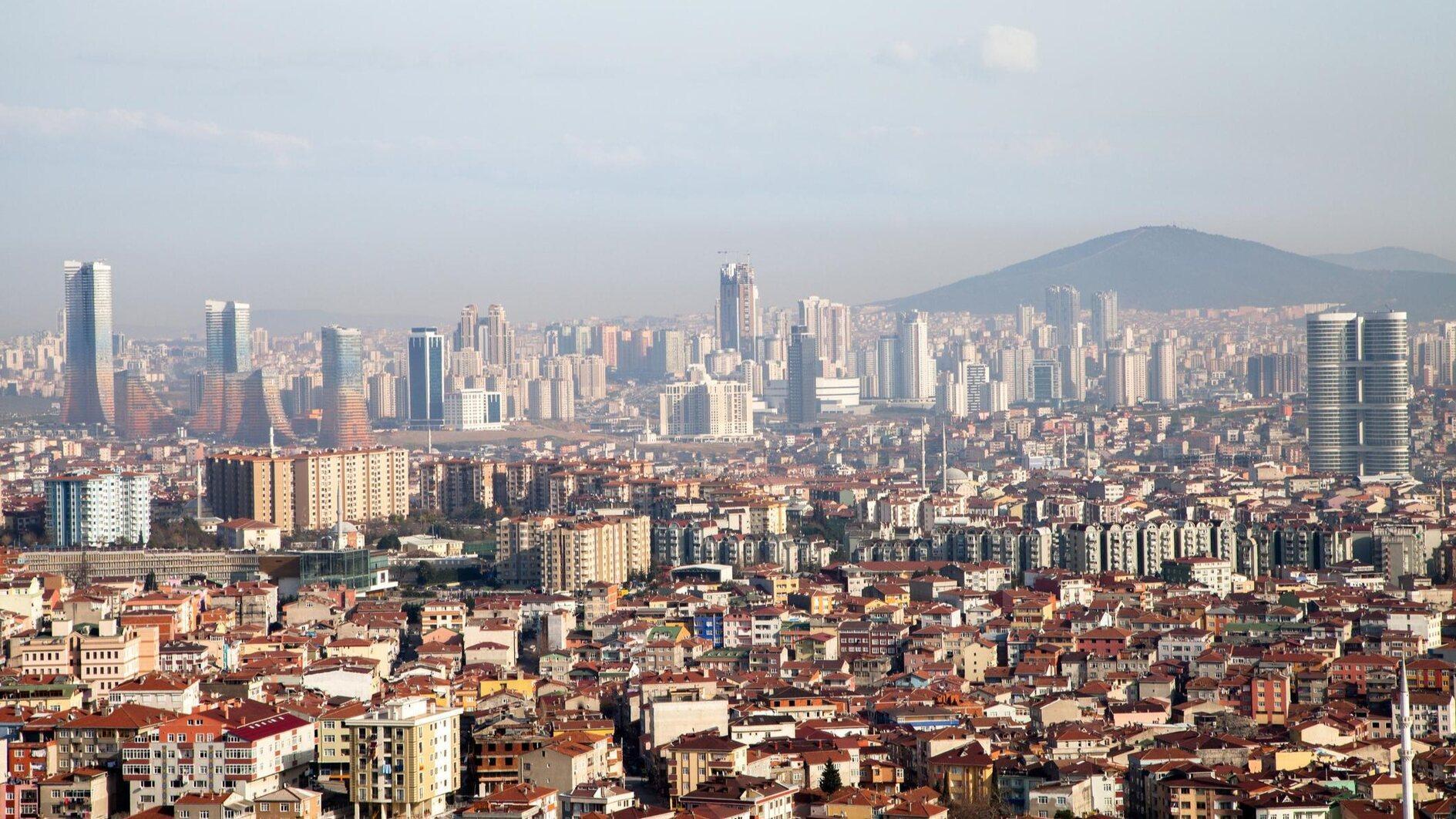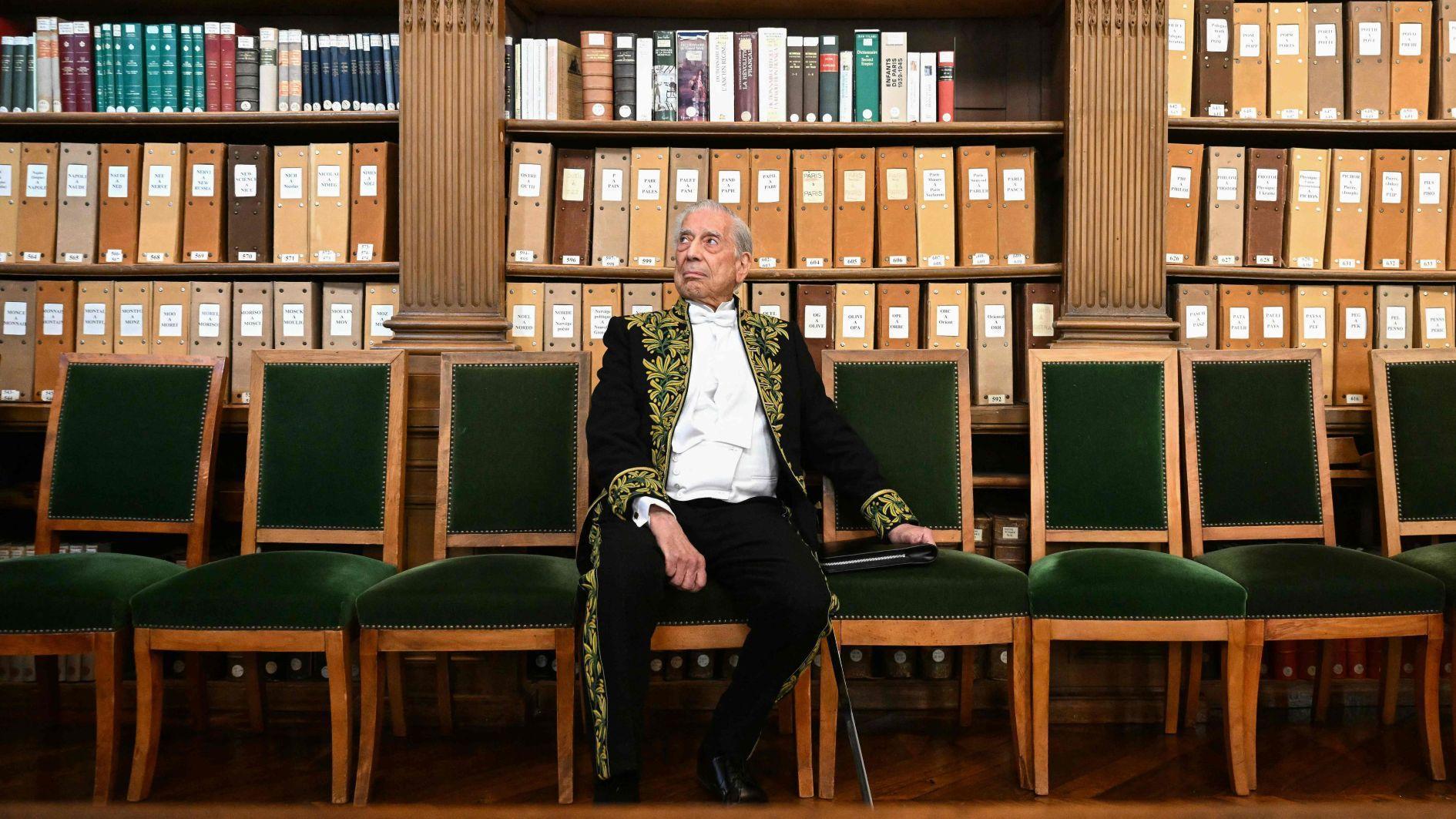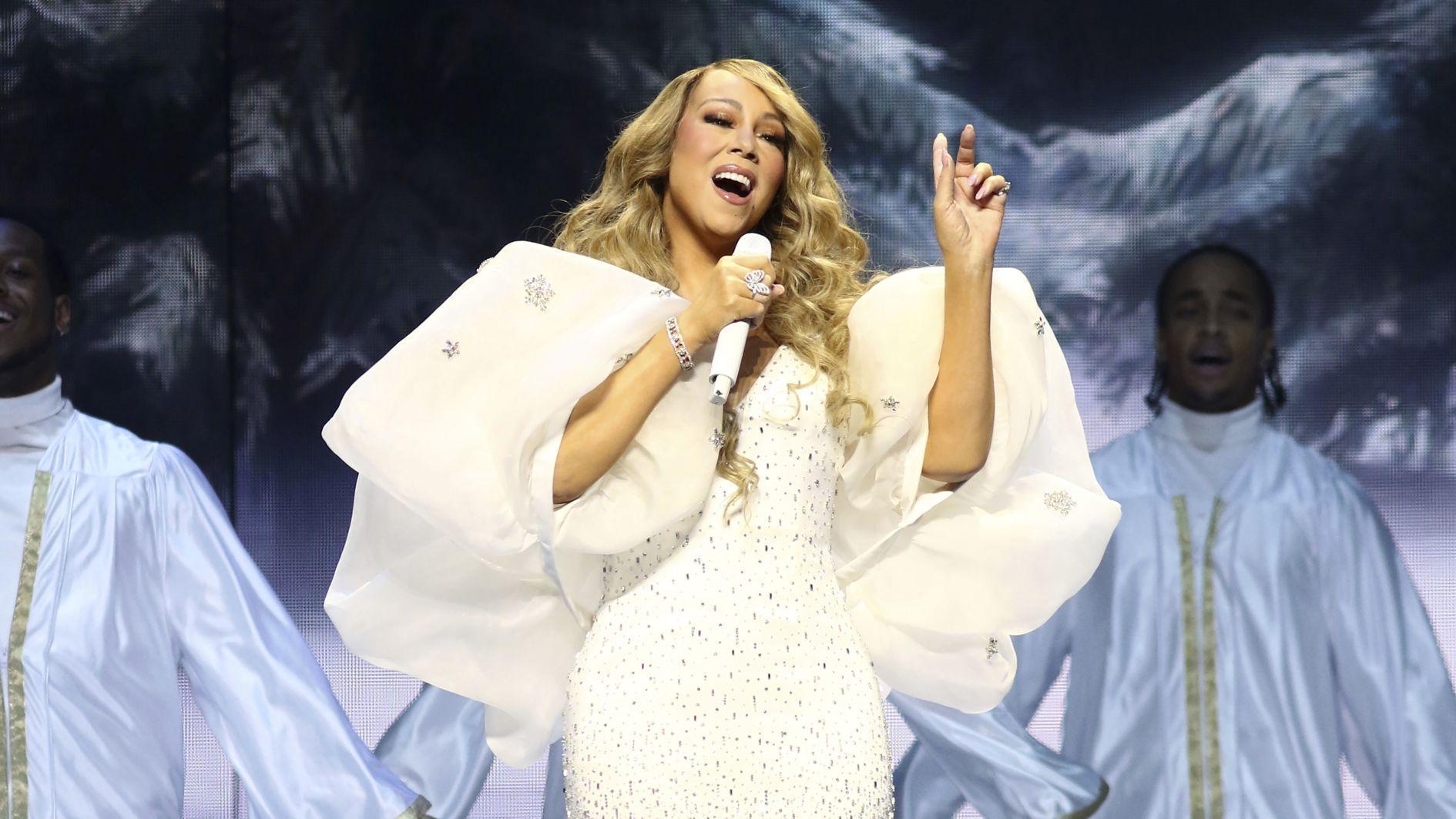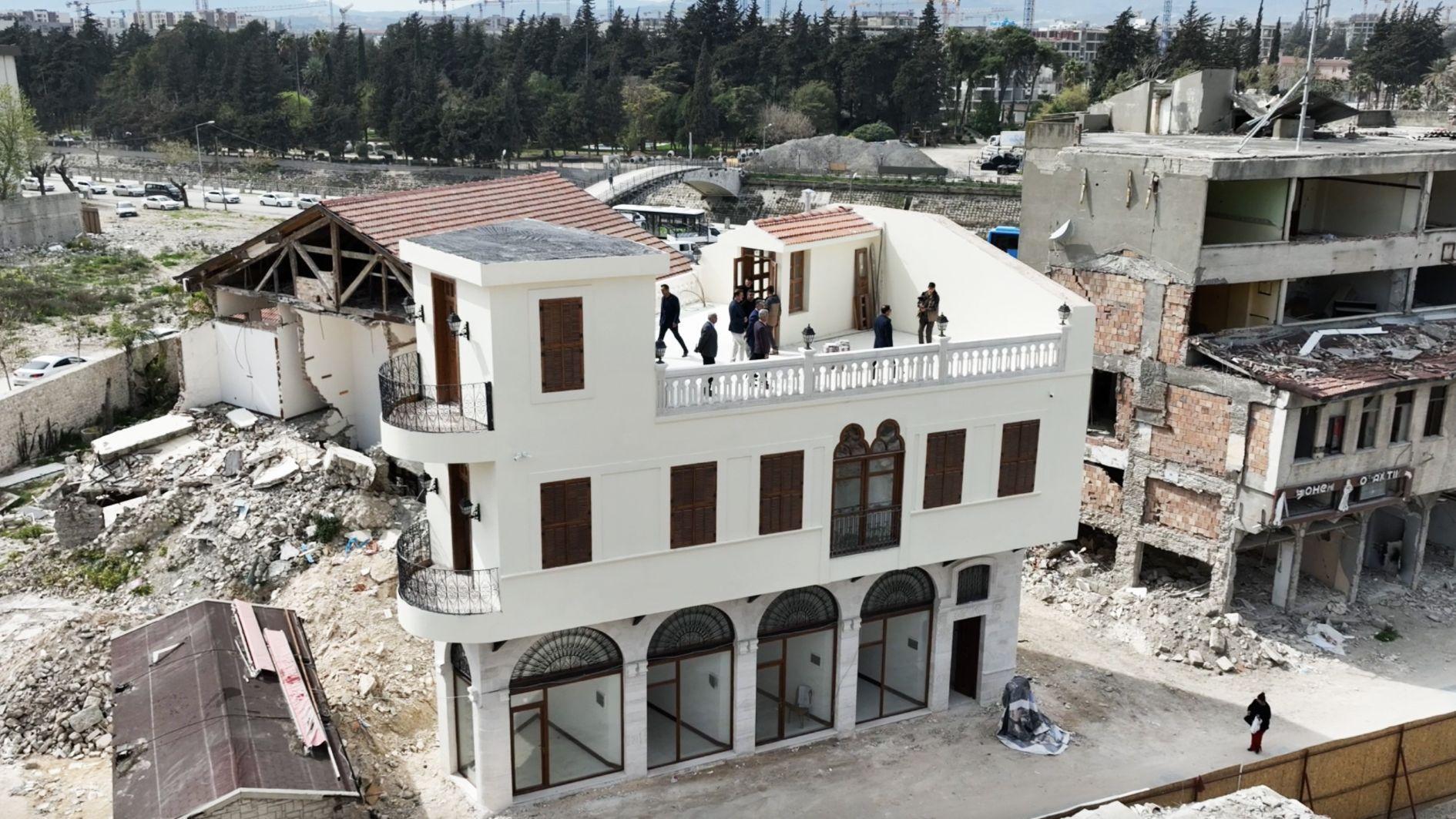Security seems irretrievable
Mojtaba Barghandan
Relations between effective powers have always been instrumental in teaching posterities. This also works for Iran-Turkey relations, which have had strategic ups and downs, though these two main regional powers have had different levels of influence because of the differences in the geopolitical situation. They have the same concerns with regard to regional crises and ethnic and racial conflicts. Without being a threat to each other, they have made real efforts to keep this status safe. History witnesses that because of the geopolitical situation their unity has led to their success and has, so far, prevented their economic and political isolation. This, in fact, makes the basis for their cooperation and interactions positive competitions, not rivalries.Policies adopted along with political stances, in action, might not be always tangible. There are often some behind the scenes policies which are either capable of imposing a huge shift in the balance of power or measuring the feedback of the actors. The recent fighter jet crisis, setting aside any diplomatic or military rhetoric, has both measured the actors’ feedback and affected the existing status quo. But concerns about regional security still exist.
On Nov. 24, 2015, a Russian fighter jet was downed. The world’s attention locked on the region with more curiosity and anxiety. Hundreds of reports with different content and approaches reflected on the incident. As expected, the officials’ rhetoric and discourse just added fuel to the current tense situation. Iran was mentioned in Turkish media with different interpretations. Iranian officials invited both sides to calm down and pursue diplomacy and negotiations, which unfortunately was interpreted otherwise, with one in the media describing it as “a sign of Iran’s interfering stance towards Turkish regional policies.” Although the media are free to write, they should not forget their magic role in managing diplomacy and achieving ultimate peace in the region.
Iranian President Hassan Rouhani said, “Missiles and aircrafts are not toys.” With no intention of taking sides, I would praise him for his diplomatic words which reflect a sense of defense and deny violence, a perfect diplomatic reference which should not be taken as a “for and against” approach, but as to emphasize the necessity of preventing the exacerbation of the current climate and the inevitability of every single regional country to act based on the benefit of all. This is the burden of “regional countries,” since outsiders should basically have no role in the future of the region. Their involvement in regional affairs is the outcome of policies adopted by some, not all, regional countries which both provided a power vacancy and gave them such audacity.
For some reason the current trend in the region has just added to the severity of the tensions and jeopardized the existing security, which naturally will affect others in one way or another:
1- Policies adopted by the U.S and Russia in Syria, ultimately, differ from those of Turkey and the recent Russia-Turkey crisis exacerbated this inconsistency and made the region prone to more violence.
2- Any possible efforts to shift the existing balance of power is in fact a strategic mistake because the region is no longer capable of bearing more crises, while this trend will multiply the rival actors which, in reality, have already made it arduous for regional countries to make an ultimate decision on how to find a way out of this crisis.
Turkey with its millennia-long civilization will not, perhaps, benefit the current status quo, nor will Iran and the whole region. Although the current Turkish-Russian crisis will not last long, its consequences in the course of time will neither serve Turkey nor the region. Foreign actors will end their military presence in the region. These actors, naturally, do not care about the prosperity of this region as Iran and Turkey do. Iran and Turkey’s interaction to apply diplomacy, along with regional collective actions, is highly beneficial. If Iran came up with such diplomatic comments, it should not be conceptualized as having a “for and against” approach, which was raised by some Turkish media, but rather for the sheer sake of maintaining peace and stability.
Turkey and Iran are both affected by regional and international developments. Turkey’s security is Iran’s and vice versa. That’s why “missiles and aircrafts are not toys,” and the adoption of any disorderly decisions will not empower countries on the sovereignty of the region and regional developments, but rather, cause them to fall deeply into a regional quagmire.
The media, not limited by time, place or origin, have a great responsibility either in the progress or the regression of crises. Regional media could have played a better role and used peaceful language to work for the peace and stability of the region. Journalists should use a language of peace rather than confrontation, to promote peace and stability in the region.
Let’s prevent the intensification of the ongoing crisis. Iran and Turkey have big roles still to be played. Otherwise, the backfire would be irrevocable.
*Mojtaba Barghandan is an Iranian researcher and writer.











